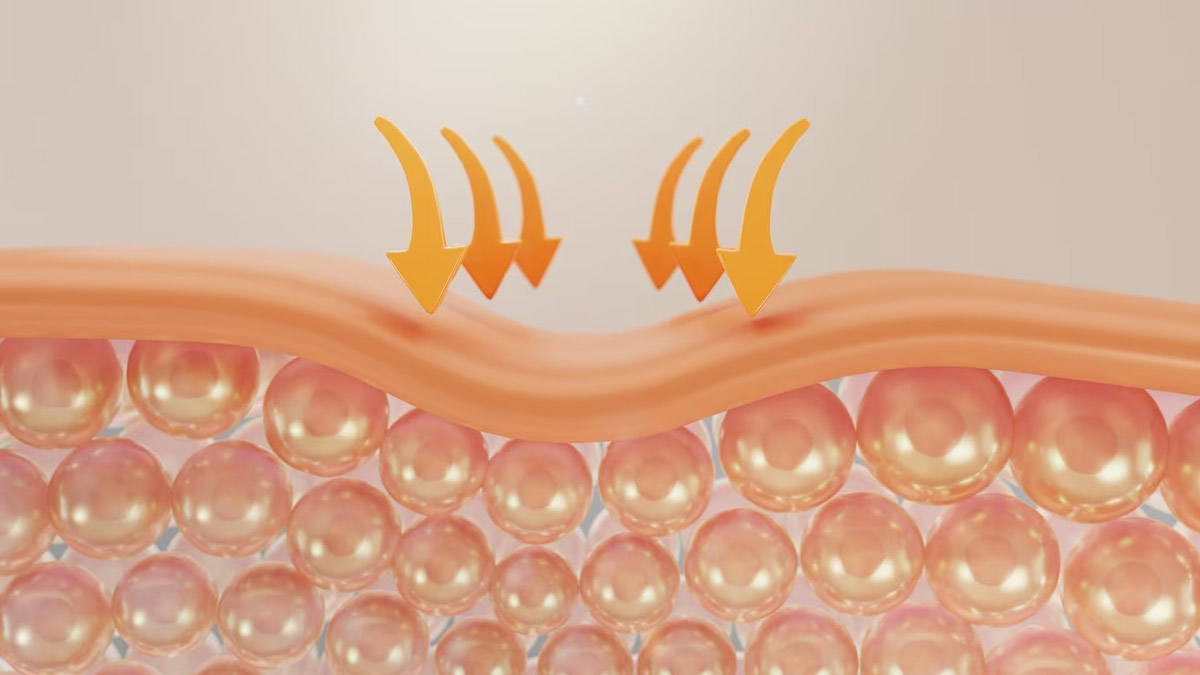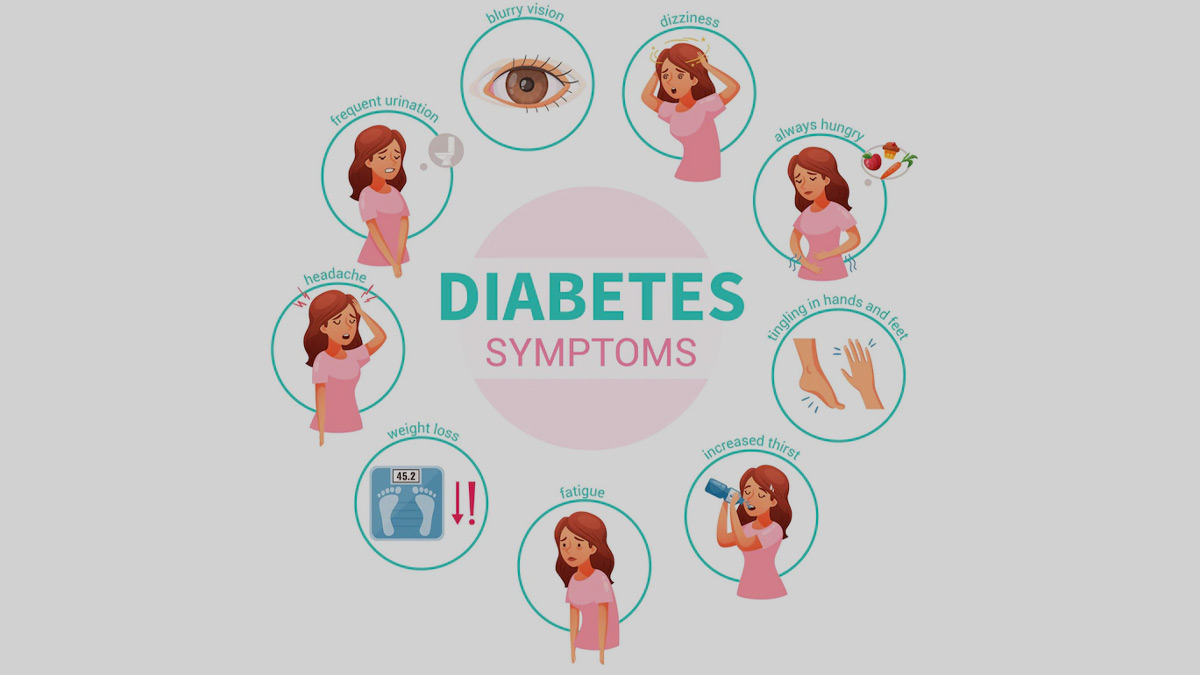
If you are into personal care, you must be familiar with the hype of collagen supplements for their ability to improve everything from skin elasticity to joint health. Yet, according to new research at IIT Bombay, one of the most common types of collagen, collagen I, may have a surprising and potentially harmful role to play in Type 2 diabetes. As per the findings of the study, it has major implications for how we treat and comprehend the disease.
Table of Content:-
The Pancreas Problem: Amylin Clumps and Collagen's Role
In people with Type 2 diabetes, the pancreas has a double whammy. As it makes insulin, the hormone needed to regulate blood sugar, it also makes amylin. Amylin in its normal role is in harmony with insulin. But in Type 2 diabetes, too much amylin can fold inappropriately and clump together, in dangerous, sticky clusters. These clusters are poisonous to insulin-making β-cells in the pancreas, slowly destroying them and aggravating the illness.
Also Read: Does Screen Time Trigger Headaches? The Truth About Blue Light

The IIT Bombay research disclosed a very troubling discovery! It reveals that collagen I seems to serve as a scaffold, speeding up the development of such toxic amylin clumps. In effect, collagen I create a surface upon which it is simpler and quicker for amylin to clump together. Not only does this speed up the process of clumping, but it also increases the toxicity of these bad aggregates and complicates their removal by the body.
What Does This Mean to You?
This study is preliminary, but it presents a new window into why Type 2 diabetes progresses. While collagen I is a normally found structural protein in the body, how it interacts with amylin in diabetic tissue is a key discovery.

It should be kept in mind that the present research concentrates on collagen I in the tissues of the body, i.e., in the pancreas, and its involvement in the intricate pathology of Type 2 diabetes. It's different from the commonly ingested collagen supplements, which are usually hydrolysed collagen peptides. The researchers also believe that further study is required to completely grasp the meaning of these findings for dietary collagen consumption and their possible effect on those who suffer or are at risk of developing Type 2 diabetes.
Bottomline
This finding may open the door to new therapeutic approaches. If scientists can identify means by which to interfere with the interaction of collagen I with amylin, or by which to inhibit collagen I from functioning as this ‘scaffold,’ it may be possible to slow or even halt the destruction of β-cells in the pancreas.
Until this point, this research has been a reminder of the current complexities of Type 2 diabetes and the ongoing developments in scientific knowledge essential to bettering patient outcomes.
Also watch this video
How we keep this article up to date:
We work with experts and keep a close eye on the latest in health and wellness. Whenever there is a new research or helpful information, we update our articles with accurate and useful advice.
Current Version